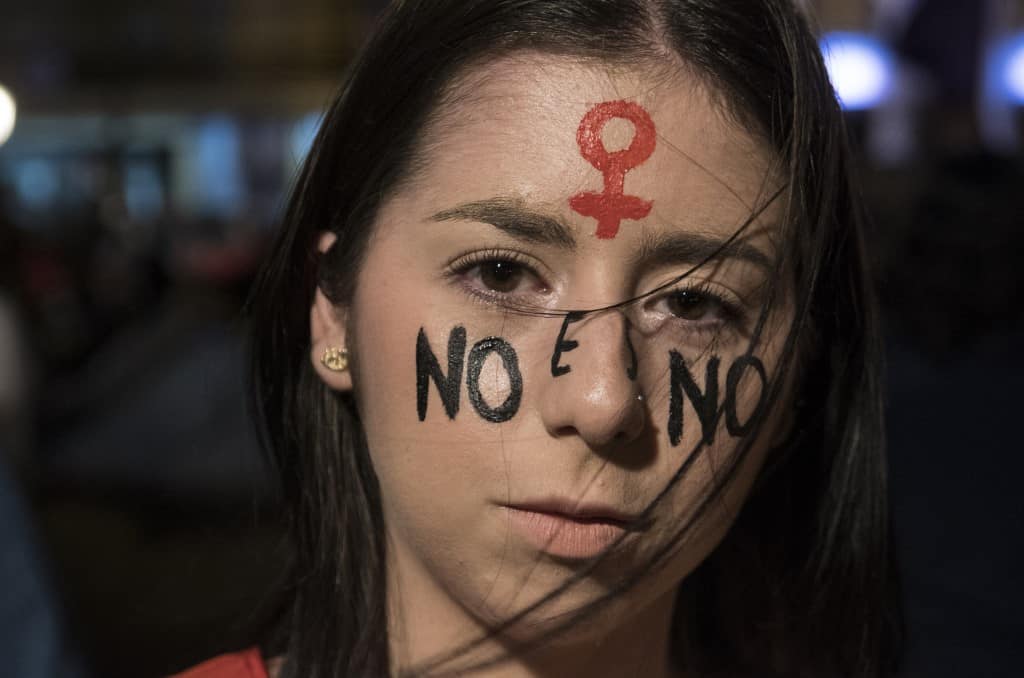The Spanish newspaper El País published a report on sexual violence in Costa Rica. The article, titled “Costa Rica, a Paradise of Impunity for Sexual Aggressors,” gives a voice to victims and outlines the challenges faced by the country in addressing gender-based violence. Although the beaches of the Pacific and Caribbean coasts are a paradise and among the most sought-after destinations for tourists, they also face severe issues. According to the report, street harassment, a chauvinistic culture that fosters sexual violence, scarce state resources, and the lack of sex education have contributed to Costa Rica’s struggle against gender-based violence.
The report highlights cases of sexual assaults on tourists in Costa Rican beach towns and the difficulties they faced in seeking justice. One victim recounted asking a police officer if anything could realistically be done about her case. The officer replied, “Most of these cases go unsolved because tourist victims leave the country quickly, and local victims are afraid of threats.”
Another woman recalled that years ago, an acquaintance told her about a man who would take “women he drugged at parties in his car to have sex with them.” She responded, “He’s not having sex with them; he’s raping them.” The man eventually went to prison in a landmark conviction achieved through the efforts of a feminist group.
The report describes how victims of sexual violence in Costa Rica were threatened with death to withdraw their complaints and received no institutional support. One victim said the psychologist assigned to her case told her to “just think of her happy place.” Authorities acknowledge that a significant issue is underreporting of gender-based violence. Victims, however, argue that the inefficiency of the Costa Rican justice system, along with the lack of gender-sensitive policies, leads to re-victimization and isolation for complainants.
Another serious concern is the inability of many areas to meet the inter-institutional protocol for rape victims within the crucial first 72 hours, due to insufficient personnel, facilities, or resources. In response, women in affected communities have organized themselves to combat violence against women. Feminist organizations have stepped in to provide the support that the state fails to offer, helping many victims of assault.
El País also reported on a high-profile case in Santa Teresa, where a man frequented bars, selected women, got them drunk, drugged them, and then abused them. “After five years of work, we finally reached trial, thanks to the efforts of the MFST and me—not because of the good work of the prosecution,” said lawyer Walter Brenes.
Brenes criticized the inefficiency and lack of empathy from authorities. “Neither the Cóbano nor the Puntarenas prosecutor’s offices considered the three requests for precautionary measures of preventive detention necessary. They never understood that allowing a predator to roam freely created the possibility of new victims.”
Finally, the report highlights the institutional challenges in Costa Rica, particularly the lack of personnel, inadequate training, and the re-victimization inherent in judicial processes.






